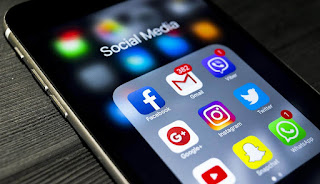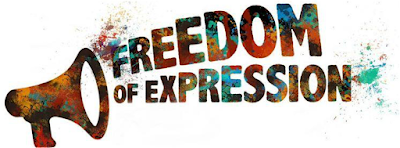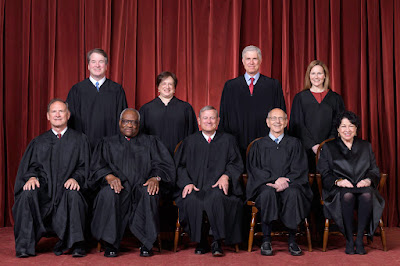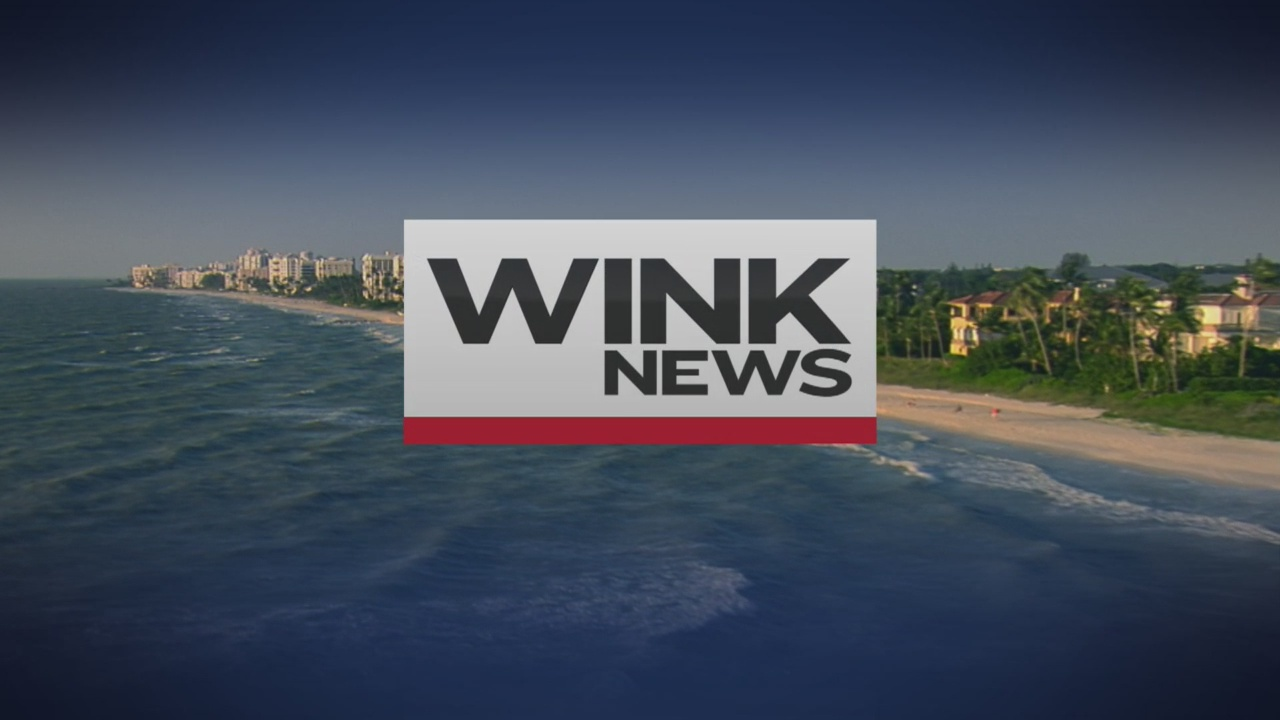In today's world, it is impossible to live without technology. We use technology in almost everything and it has clearly become an important part of our daily lives. The evolution of technology is a great blessing to humans for several reasons since it impacts almost every field and industry. Social media is one of the key developments in communication technology. Social media has given people the ability to connect with others anywhere and anytime. It has become greatly influential in the contemporary world. Social media and its power are changing the world on a daily basis in both big and small ways. However, like any other powerful tool, it serves both as a curse and a blessing.
It is probably during the Covid-19 pandemic that most people in the world made use of social media. As we were deprived of physical interaction with other people, we became heavily reliant on social media for all types of interaction. Even my parents who are not such great fans of social media had to acknowledge that is somehow a blessing. With the curfews, shopping online and having goods delivered was something to be grateful for. They also use their free time playing puzzles online with lessened the pressure of the pandemic. I also cannot forget that I was able to study online and attend meetings via zoom and facetime. Even though the physical world was somehow contracting, social media made it expand and made things feel a little more bearable. During this period, I had the opportunity to travel the world from my bedroom and I stayed in touch with friends. During the pandemic, most people including adults found social media to be a great blessing. The benefits of social media are not limited to a pandemic. Every day, when the technology is used properly, it offers an opportunity for people to interact, and share thoughts and perspectives about different matters. People also get to share their experiences and expand their knowledge and understanding of various issues and generally the world.
As a young person who constantly uses social media, I am often inclined to focus on the wonderful things that are achieved through social media. I often like to believe that social media is a platform to connect people and change the world for the better. It is undeniable that social media encourages communication and promotes modern ways of learning. The notion that the blessings and benefits of social media outweigh its disadvantages and downfall might also be true. However, as I think about my life, social life, and that of my friends I am inclined to think otherwise. That may be the dark side of social media that should not be ignored anymore. Most of my friends and people I interact with admit feelings of disconnect from people despite spending a lot of time on social media. I can also admit that too much social media makes me feel a little anxious and lonely.
Every time individuals are at a party or social gathering waiting for a friend to arrive or the event to start, individuals tend to look at social media to kill the time. They typically do this to avoid feeling awkward or to start conversations with people they do not know. This is a form of social anxiety and it makes people use social media to temporarily feel connected to other people.




































